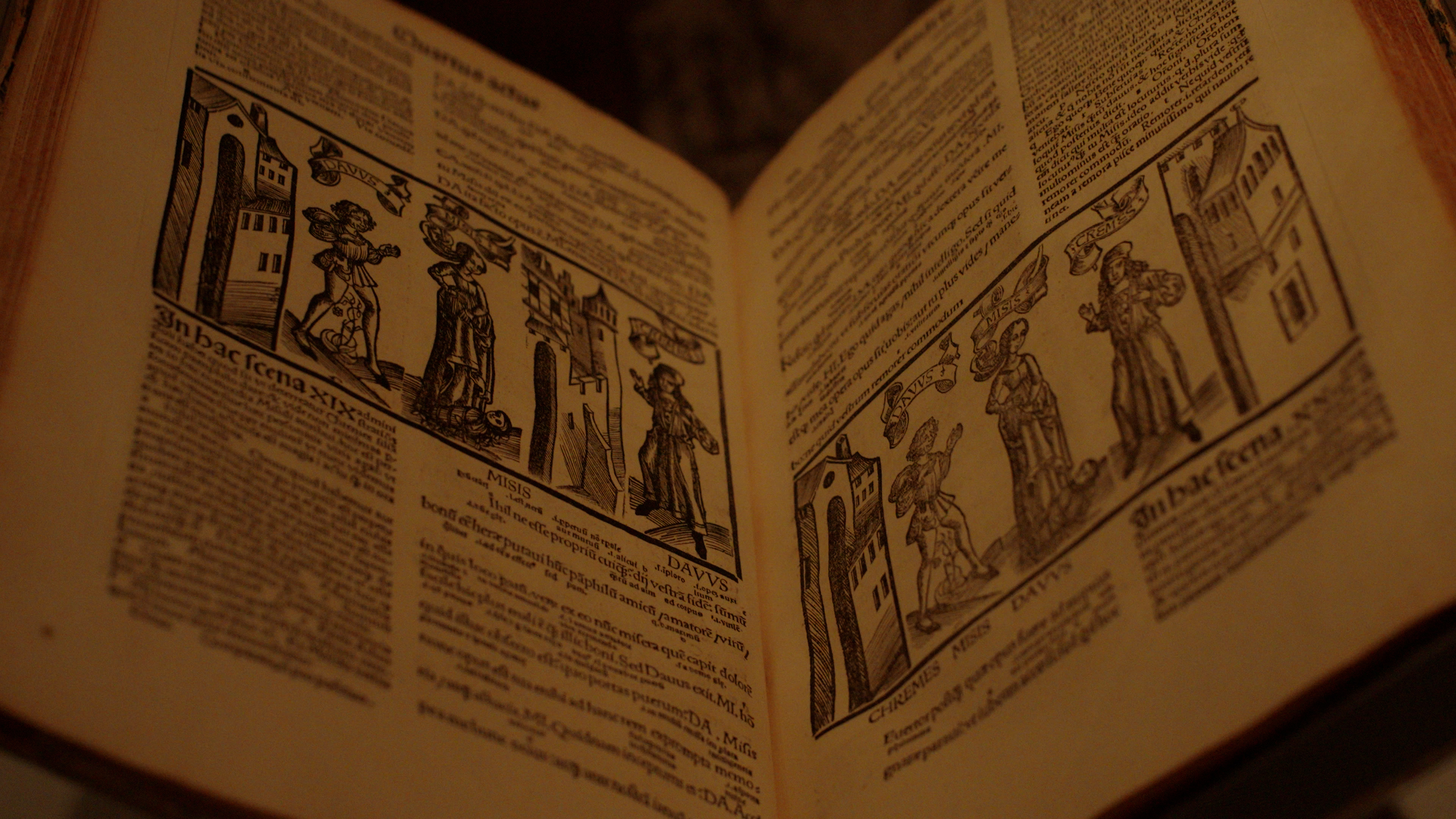Hall, Kim F. "Blackness and Shakespeare's sonnets." Throughlines. www.throughlines.org/suite-content/blackness-and-shakespeares-sonnets. [Date accessed].
Blackness and Shakespeare's sonnets
Using Shakespeare's sonnets to discuss race-making through the language of 'fairness' and 'darkness.'

Shakespeare’s sonnets allow for generative conversations about the way perceptions of fairness and darkness inform understandings of race in the early modern world. Shakespeare’s procreation sonnets, in particular, tether whiteness not only to physical beauty but to national identity for the English. By attending to the way the sonnets deploy whiteness to consider social and gendered hierarchies, we are able to see how uses of fairness reveal emergent ideologies of white supremacy. As a result, Kim F. Hall explains, we find that the dark lady sonnets threaten the entitlement of whiteness, rendering a real danger for those with dark bodies.

.png)

-AltarpiecefragmentAdoration-1531.jpg)




